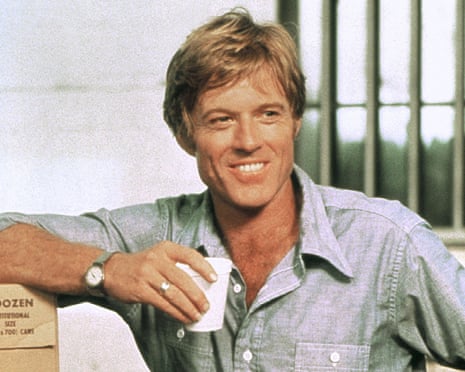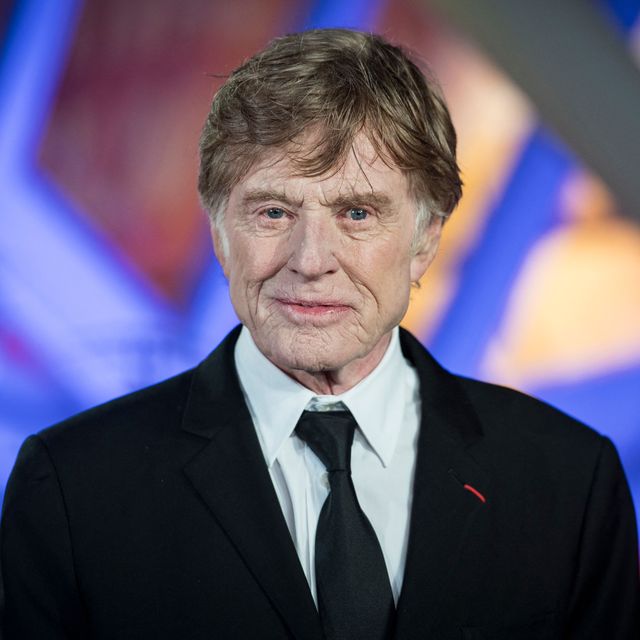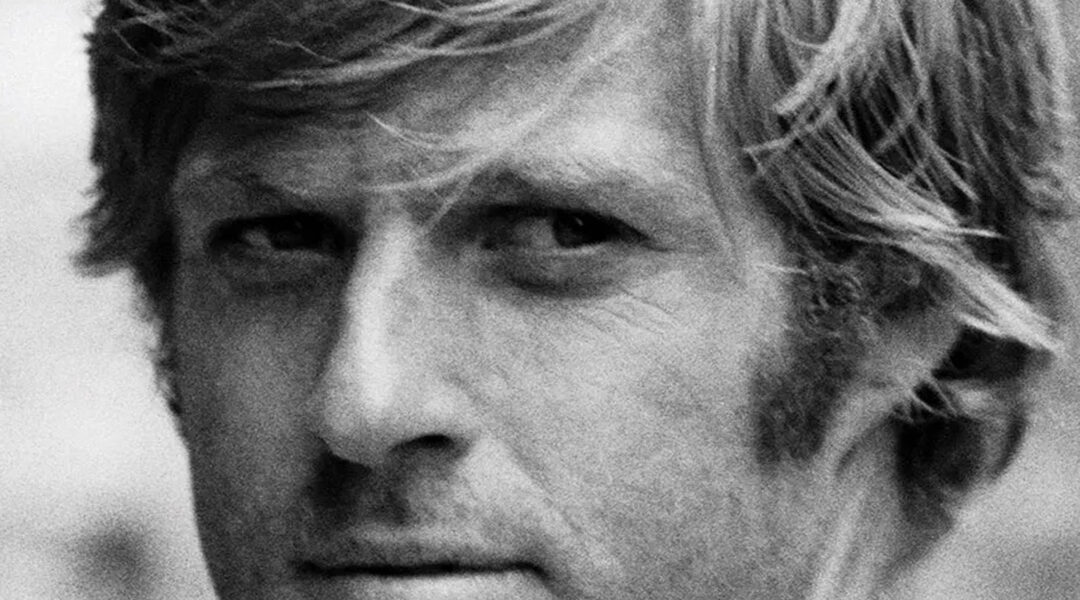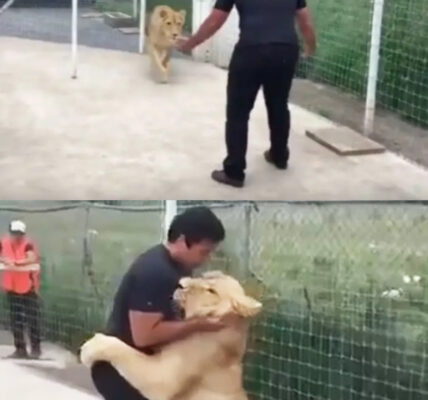The world of cinema is mourning the loss of one of its greatest storytellers. Robert Redford, the American actor, director, and visionary who defined an era of filmmaking, has passed away at the age of 89 at his home in Utah.

To describe Redford simply as a movie star is to underestimate the depth of his influence. He was an icon of the screen, a champion of independent film, and a relentless advocate for the environment. His life’s work transcended Hollywood glamour; it reshaped the way the world thought about art, storytelling, and responsibility.
Born Charles Robert Redford in Los Angeles in 1936, his path was anything but straightforward. Expelled from the University of Colorado, he turned to the stage, eventually studying acting in New York. In the early 1960s, he began building a name for himself, earning an Emmy nomination and later captivating Broadway audiences in Barefoot in the Park. But it was in 1969, when he starred opposite Paul Newman in Butch Cassidy and the Sundance Kid, that he became a true household name.

The 1970s were his golden decade. Redford’s performances in Jeremiah Johnson, The Way We Were, The Sting, The Great Gatsby, Three Days of the Condor, and All the President’s Men cemented him as one of the defining figures of American cinema. He had the rare gift of balancing charm with gravitas, making audiences not only admire him but trust him.
And then came his second act — as a director. His debut film, Ordinary People (1980), stunned the world by winning four Academy Awards, including Best Picture and Best Director. It was proof that Redford was more than just a face; he was a storyteller of immense depth.

But perhaps his most enduring contribution came in 1978, when he co-founded the Sundance Institute and its now-renowned Sundance Film Festival. What began as a small platform for young filmmakers has become the beating heart of independent cinema, giving rise to the voices of Quentin Tarantino, Steven Soderbergh, Kevin Smith, and countless others. Through Sundance, Redford gave generations of artists the courage and opportunity to tell their stories.
His acting career continued to flourish into the 80s and 90s with The Natural, Out of Africa, and Indecent Proposal, while his directing credits included Quiz Show and The Horse Whisperer. In later years, he graced audiences with powerful performances in All Is Lost (2013) and even stepped into the Marvel universe as Alexander Pierce in Captain America: The Winter Soldier and Avengers: Endgame. His final starring role, The Old Man & the Gun (2018), was a fitting farewell — a reflective portrait of a man who lived on his own terms.

Beyond film, Redford’s voice echoed in activism. He was an outspoken environmentalist, working tirelessly to protect the natural world he loved so deeply. He used his platform not only to entertain but to inspire change.
Throughout his career, he received countless honors: an Honorary Oscar in 2002, a Lifetime Achievement Golden Lion at Venice in 2017, the French Legion of Honor, and the Presidential Medal of Freedom from Barack Obama in 2016. But perhaps his greatest legacy lies not in awards, but in the generations of filmmakers, actors, and audiences who were shaped by his vision.

Robert Redford was more than a star. He was a bridge between eras, a champion of authenticity, and a reminder that cinema can do more than entertain — it can change lives.
Today, as we say goodbye, we honor not only the man who lit up the screen, but the mentor, the activist, and the dreamer who left the world richer than he found it.
His passing marks the end of an era. But his stories, his festival, his passion — they remain. In every independent film that dares to tell the truth, in every environmental fight for the planet’s future, and in every audience that still believes in the power of movies, Robert Redford lives on.




